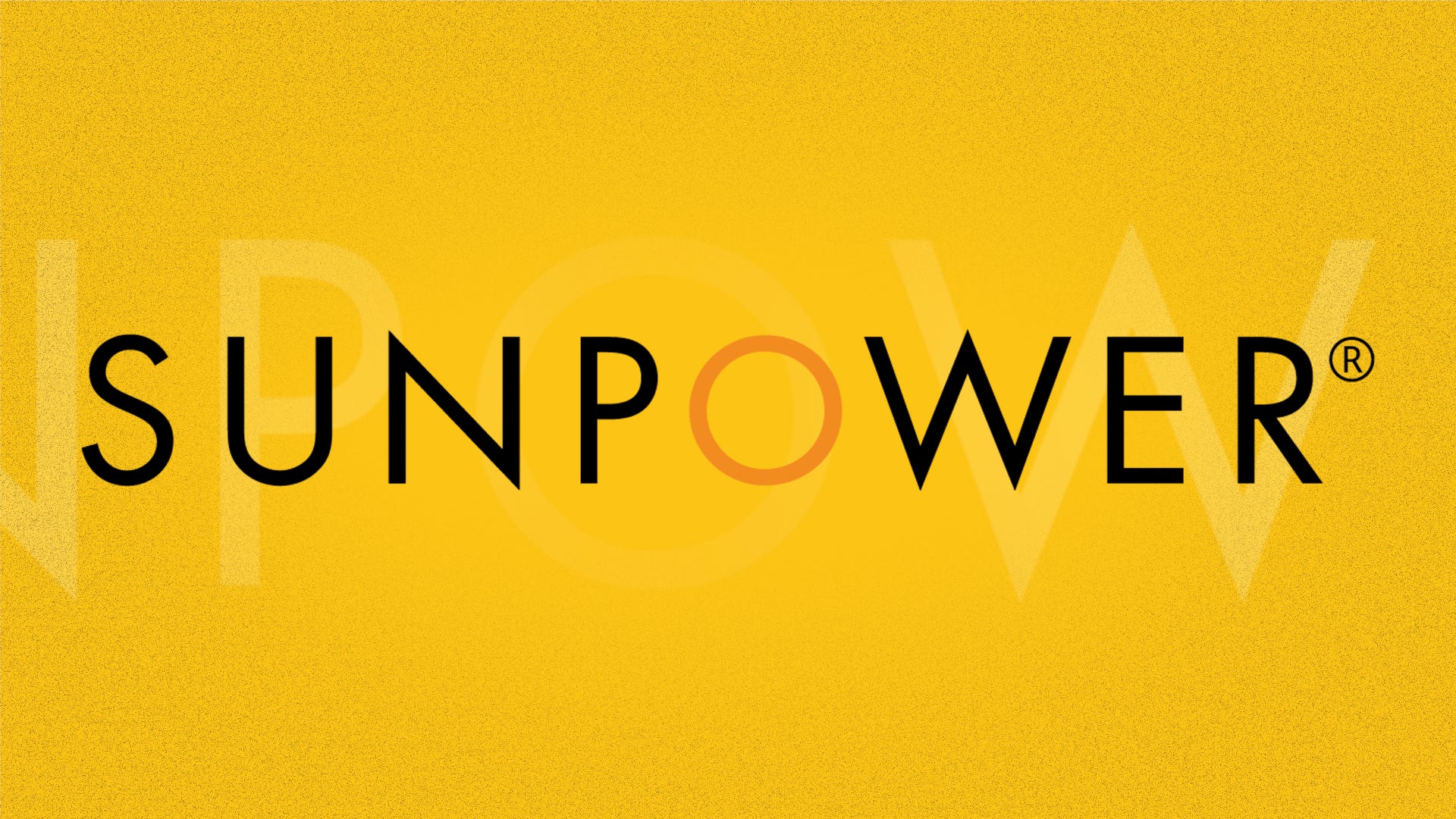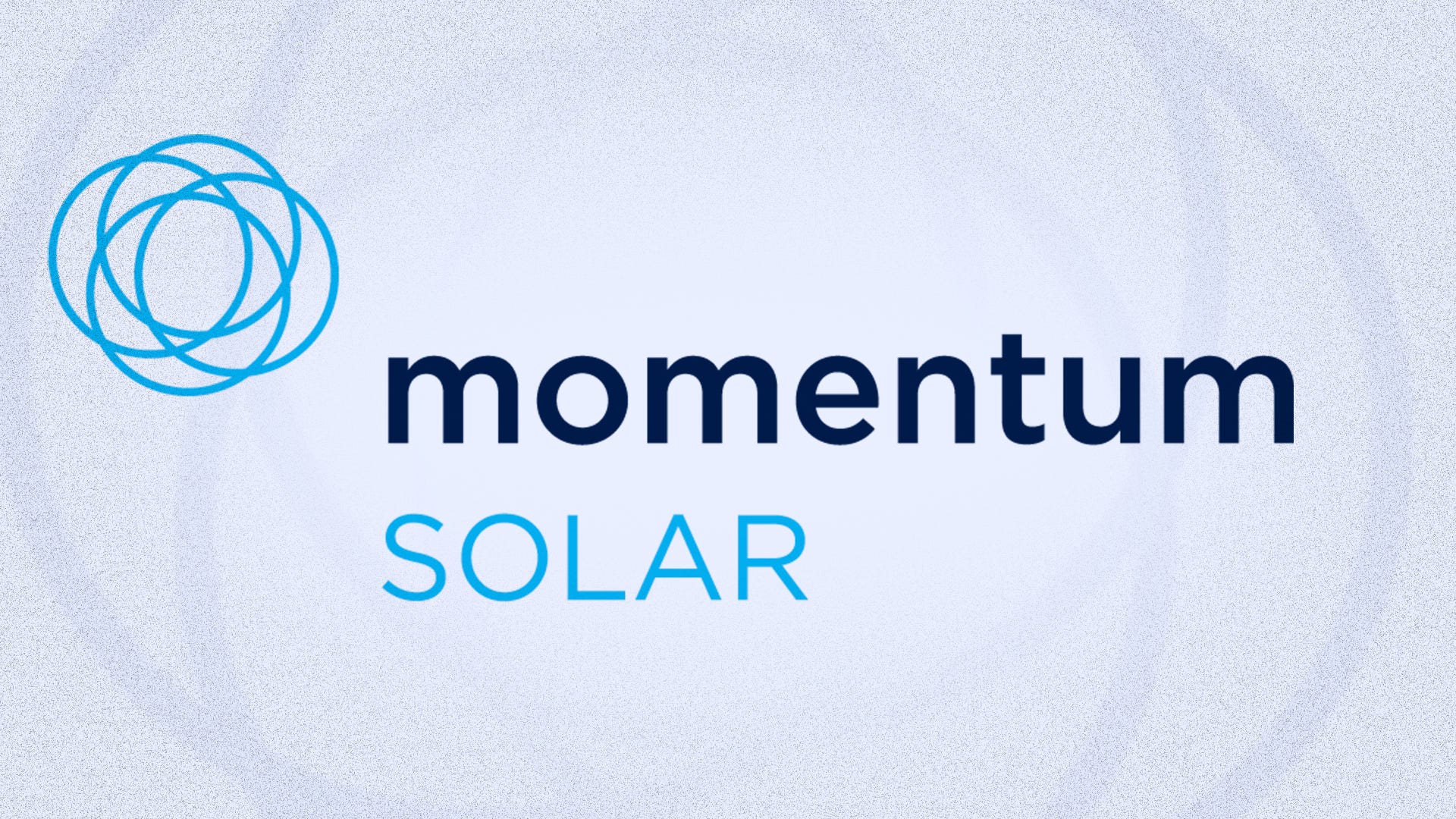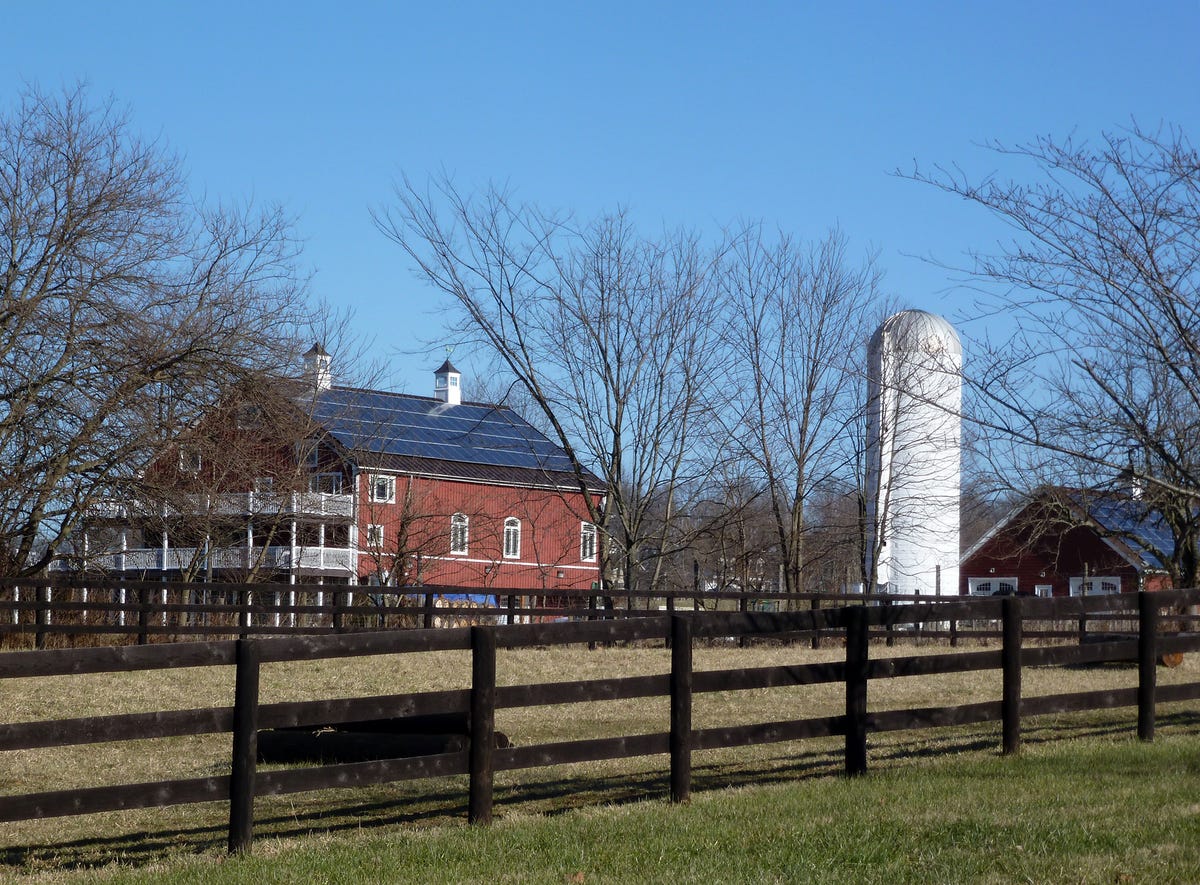Rooftop solar keeps setting records in the US. While there’s a lot of it in states known for the sun, like California, Arizona and Florida, states along the East Coast rank high too. New York and New Jersey are in the top five states for total residential solar installed.
Energy tends to be more expensive on the East Coast than elsewhere in the country, especially once you head south of New Jersey. Still, there are hundreds of thousands of solar installations up and down the seaboard, with nearly 200,000 completed in Florida alone.
The region has pockets that aren’t so friendly to solar by comparison with others, but the foundations are there with net metering and federal tax credits available in all states.
Even in areas that have fewer solar incentives, it’s possible to save in the long run by installing solar — both in terms of your checking account and reducing your environmental footprint. Here are some of the best solar installation companies operating along the East Coast.
Best national solar panel companies on the East Coast
The best solar company for you is the one that fits your needs. Since each home’s energy needs, usage and roof are different, your best option might vary from someone else in your state. Here are some of CNET’s highest rated national solar companies, but always get multiple quotes before signing a contract.

SunPower Solar
If you’re looking for top-of-the-line solar panels, SunPower is your best choice. But don’t write it off if you’re looking for a less flashy installation that will get the job done. This year it started installing Qcells panels, which should make an installation from the longest-tenured company on our list available to more people.

Momentum
Momentum installs in 11 states without using subcontractors. While using in-house installers doesn’t guarantee a better experience, it does suggest you’re likely to get a more uniform experience from Momentum. The fact that Momentum backs its installations with a 25-year workmanship warranty hints at a strong belief in its crews’ ability. If Momentum is part of your search, consider the warranties against leaks that other companies offer. Momentum’s is five years, which isn’t the best.
Local and regional East Coast solar companies
National companies aren’t the only options on the East Coast.
The average total cash price, cost per watt and system size for a solar panel system in your east coast state can be found on the infographic below. All data shown is pulled from FindEnergy.com. Prices shown on the map don’t factor in tax credits or state incentives. Certain states don’t have any FindEnergy solar data and are grayed out on the map.
How to pay for solar panels on the East Coast
A solar power system is a significant expense, but the industry has grown so much in the past two decades that an entire ancillary market of ways to pay for going solar has sprung up, giving homeowners a handful of major options.
Cash: Paying for a solar system right now with a heap of cash is always preferable to installers, but today is also the best time in years to start saving up some cash for when you’re ready. Juicy interest rates are currently available in numerous high yield savings accounts.
Solar loan: There are a number of financial products and even entire institutions geared toward financing solar systems. Ask local installers, banks and credit unions what they offer in terms of solar.
Other types of loans: There are also plenty of other organizations out there happy to loan you money that don’t specialize in solar, whether it’s in the form of a personal loan, home equity loan or home equity line of credit (HELOC).
Lease or power purchase agreement: There are even options for putting solar panels on your roof for people who don’t really want the commitment of installing an expensive and potentially complicated system. Solar leases are available that function much like a car lease, or you can structure a power purchase agreement in which an installer or utility puts panels on your home, but retains ownership of the system and then sells you the power from that system at a desirable rate. One downside here is that these do still entail some level of contractual commitment that can be difficult to get out of early if you need to move.

Solar panels in West Virginia are less common than in other states.
Installation factors to keep in mind
In addition to running the numbers, there are other basic things to consider before signing any solar contract:
- The condition of your roof: Solar panels are installed for the long term. You don’t want to require a new roof just a few years after having panels put on it and then have to reinstall your solar system. If your current roof is more than a decade old, have it checked out first.
- HOA and neighborhood regulations: Solar installers will typically work with local governments and utilities to get necessary permits for your system, but don’t overlook requirements from local homeowners or neighborhood associations that can cause headaches. Also be aware of any solar rights and easements legislation in your state that may help you make your case.
- Insurance coverage: Adding a solar system to your home is viewed differently by different insurers. Check in with yours to see how it affects your policy and premiums before making a decision.
How we found the best solar panel companies
Our methodology
Generally speaking, yes, but it can take some time to save enough money with solar to pay for the upfront cost of system installation. There are a number of different ways to finance that cost, but monthly energy bills should almost always go down after installing solar.
What is net metering?

